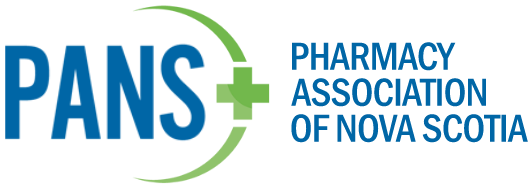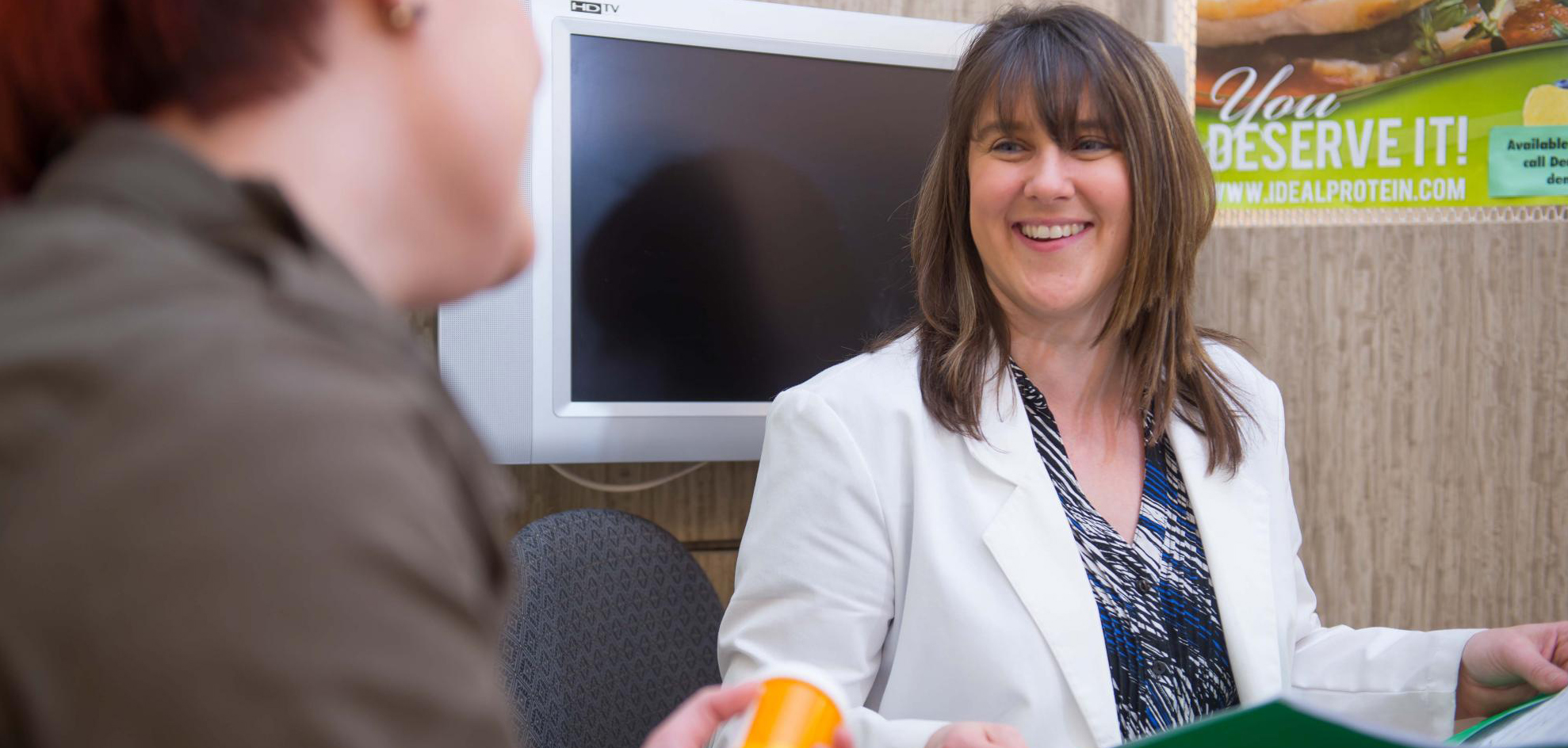Basic
If you are taking multiple medications for chronic conditions, a pharmacist will go over all of the medications that you take. The Basic Medication Review Service (BMRS) will include any natural products and non-prescription medications you take. You can discuss why you are taking each medication and what you hope to achieve from taking the medication. It is also important to learn what side effects it may be causing and how you can prevent them. The pharmacist will also be thinking about possible drug interactions and conflicts with your other medical conditions as they review each medication.
BMRs take approximately 20 to 30 minutes to complete and is an insured service under all the Pharmacare Programs, except the Under 65 – LTC Program. All other patients may receive this service for a fee. Fees may vary by pharmacy.
To qualify for the program under Nova Scotia’s Pharmacare Program:
- The individual must be a beneficiary of a Nova Scotiaia Pharmacare Program, except the Under 65 – LTC Program.
- The beneficiary must agree with their pharmacist that they are a suitable candidate for the program &sign a consent form.
- The beneficiary must not reside in a nursing home or a home for special care.
- The beneficiary must meet with the pharmacist for an in-person consultation.
- The beneficiary must be taking 3 or more prescription medications that are used for the treatment of chronic conditions, and are covered by the Pharmacare Programs.
- The beneficiary must be provided with a comprehensive drug review list that is dated and authorized with the pharmacist’s and the patient’s signatures
Advanced
Advanced Medication Review Service (AMRS) takes between 60 and 90 minutes to complete and is is an insured service under the Nova Scotia Seniors‘ Pharmacare Program. All other patients may receive the service for a fee. Fee may vary by Pharmacy.
To qualify for the program under Nova Scotia’s Pharmacare Program, beneficiaries must:
- Be beneficiaries of the Nova Scotia Seniors’ Pharmacare Program.
- Agree with their pharmacist that they are a suit able candidate for the program.
- Not reside in a nursing home or home for special care.
- Be taking 4 or more prescription medications; OR taking one of the following:
- Methyldopa
- Indomethacin
- Cyclobenzaprine
- Diazepam
- Chlordiazepoxide
- Clorazepate
- Amitriptyline
- Have at least one of the following diseases
- Asthma
- Diabetes
- Hypertension
- Hyperlipidemia
- Congestive heart failure
- Chronic obstructive pulmonary disease
- Arthritis
Is this right for you?
Do you want to know more about…
- The medication you are taking
- Where to store your medication
How and when to take different types of medications
- Lifestyle modifications that can work along with your medications
- Impact of drinking alcohol, or using recreational drugs, with your medications
- What to do if you miss a dose
- Can you take vitamins, herbal medications or non-prescriptions medications along with your prescriptions
- What is the impact to your health if you forget to take your medications
Do you have trouble with…
- Reading the label
- Understanding the instructions
- Opening the medication bottle
- Using puffers, eye drops, nose sprays, creams, patches or insulin
- Swallowing pills
- Remembering to take your medications
- Remembering the names of your medications
Do you feel that…
- You are taking too many medications
- Your medication is making you sick
- Your medication is not working

